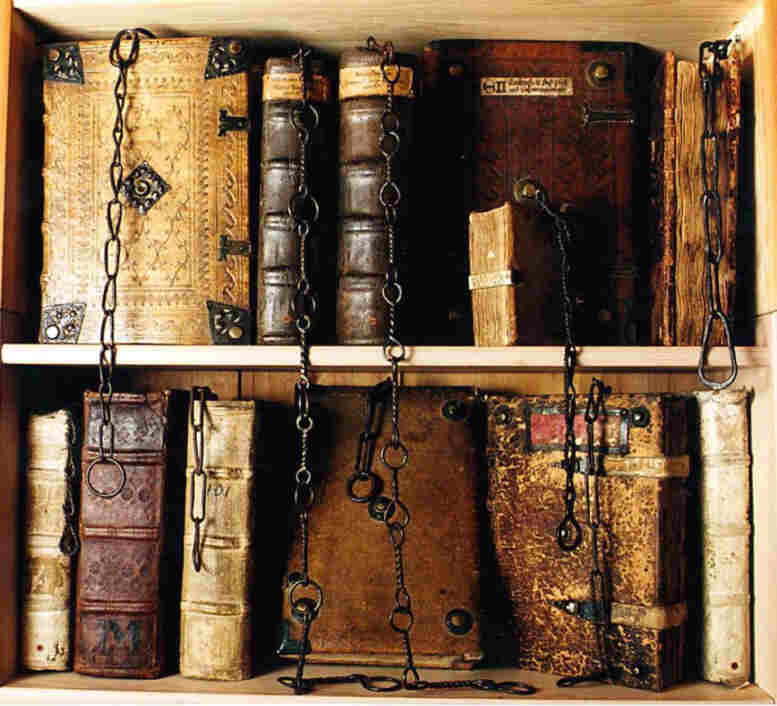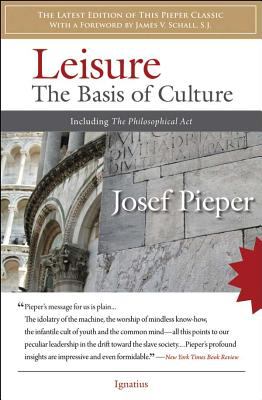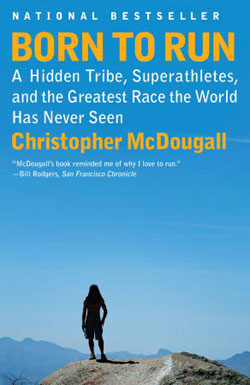When your friends mistake John Dewey and Melvil Dewey for the same person:
No, the Dewey Decimal System is not part of some pragmatist philosophical conspiracy. It's actually pretty great.
"The librarian must be the librarian militant before he can be the librarian triumphant." -Melvil Dewey
At the Good Reading Guide we believe that books can have a significant impact on a person Just as people thrive in a society that recognizes their dignity, so can they thrive when their reading material in some way reflects this dignity, and if possible, enhances their understanding of it.
We aim to source literature that is of quality in both style and substance. Structure and vocabulary should be at a sufficient standard, characters well-developed and believable, plots engaging and themes appropriate for the intended reader of each book. We recommend books that contribute to readers' culture and character and are broadly compatible with Christian values, but more than just seeking 'clean' books we aim to recommend books that will enrich the lives of readers in at least one of the following areas:
Culture: we seek books that build culture by expanding the world of the reader and teaching them new things, helping them to see beyond a superficial vision of life;
Humanity: we try to select books that help readers to deepen their understanding of humanity by 'living in someone else's shoes' for a time;
Language: we look for books that enhance readers' language and logical reasoning; and
Character: we seek books that help to build character by offering criteria for developing maturity in judgement and action.
Barack Obama is an elegant and literate man with a cosmopolitan sense of the world. He is widely read in philosophy, literature, and history-as befits a former law professor-and he has shown time and again a surprising interest in contemporary fiction...We had, once again, a reader in chief, a man in the line of Jefferson and Lincoln...
The plain fact is that our leaders have been killing at will.
How on earth did this happen to the reader in chief? What became of literature's vaunted power to inspire empathy? Why was the candidate Obama, in word and in deed, so radically different from the President he became? In Andrei Tarkovsky's eerie 1979 masterpiece, "Stalker," the landscape called the Zona has the power to grant people's deepest wishes, but it can also derange those who traverse it. I wonder if the Presidency is like that: a psychoactive landscape that can madden whomever walks into it, be he inarticulate and incurious, or literary and cosmopolitan.
"In the course of my intellectual life I experienced very acutely the problem of whether it isn't actually presumptuous to say that we can know the truth-in the face of all our limitations. I also asked myself to what extent it might not be better to suppress this category. In pursuing this question, however, I was able to observe and also to grasp that relinquishing truth doesn't solve anything but, on the contrary, leads to the tyranny of caprice. In that case, the only thing that can remain in really what we decide on and can replace at will. Man is degraded if he can't know truth, if everything, in the final analysis, is just the product of an individual or collective decision.
In this way it became clear to me now important it is that we don't lose the concept of truth, in spite of the menaces and perils that it doubtless carries with it. It has to remain as a central category. As a demand on us that doesn't give us rights but requires, on the contrary, our humility and our obedience and can lead us to the common path" (66-67).As such, I have come to see a clear part of my professional vocation as not simply empowering people with knowledge, but helping them on the path to freedom through the pursuit of truth. In hindsight, I am very glad that the Holy Father never achieved his dream of being the Vatican librarian, otherwise we'd likely be at a large loss for his wisdom. Grazie, Il Papa-you have been a true gift to us all.
 |
| Always carry a sword an a book-it worked for St. Catherine. |
"This is such a typically radical librarian thing to do: pretend to be subversive and daring by doing something that's not remotely prohibited by law, including some apparently xenophobic laws in Arizona. Unless the underground librarians are planning to sneak into classrooms and start teaching kids Sandra Cisneros, all the feelgood drama is completely unnecessary."As someone who doesn't abide by the ALA's fake subversiveness, I guess I get a prize for having a truly radical librarian view (?).
| Really, Atlas is just holding his head in his hands and weeping about the modern state of political discourse. |
 |
| Sometimes we are more chained too books than we realize. |
 Leisure: The Basis of Culture
Leisure: The Basis of Culture
"A pleasure is full grown only when it is remembered...You say you have poets in your world. Do they not teach you this?"
 Born to Run: A Hidden Tribe, Superathletes, and the Greatest Race the World has Never Seen
Born to Run: A Hidden Tribe, Superathletes, and the Greatest Race the World has Never Seen Edited by Humphrey Carpenter
Edited by Humphrey Carpenter"Well, there you are, a hobbit amongst the Urukhai. Keep up your hobbitry in heart, and think that all stories feel like that when you are in them. You are inside a very great story!"
-J.R.R. Tolkien to Christopher Tolkien (at war), 6 May 1944
-Concern for the success of the library's patrons in their particular tasksSo for Anderson, authenticity is largely rooted in motivations. But everyone, him included, knows that the road to Hell is paved with good intentions, so authenticity cannot stop there:
-Concern for the long-term intellectual welfare of the library's patrons
-Desire to further the goals of the library's sponsoring institution
"God instructs the heart not by means of ideas, but by pains and contradictions."-Caussade, Self-Abandonment to Divine Providence
 |
| Fateful meeting with St. Thomas: a drawing from Fr Busa's last Christmas card (2010). |
III. Libraries should challenge censorship in the fulfillment of the their responsibility to provide information and enlightenment.So there is a general patent assumption that censorship is intrinsically bad and an impediment to intellectual freedom. (My local public library even recently re-affirmed its decision to not filter p*rn on its computers, in the name of not invading patron privacy, and I guess, avoiding the expense of filtering software). Considering popular historical associations with censorship, such as government and school banned books lists, and the reputed Index Librorum Prohibitorum, issued by the Catholic Church, any discussion of censorship still carries significant political and emotional charges.